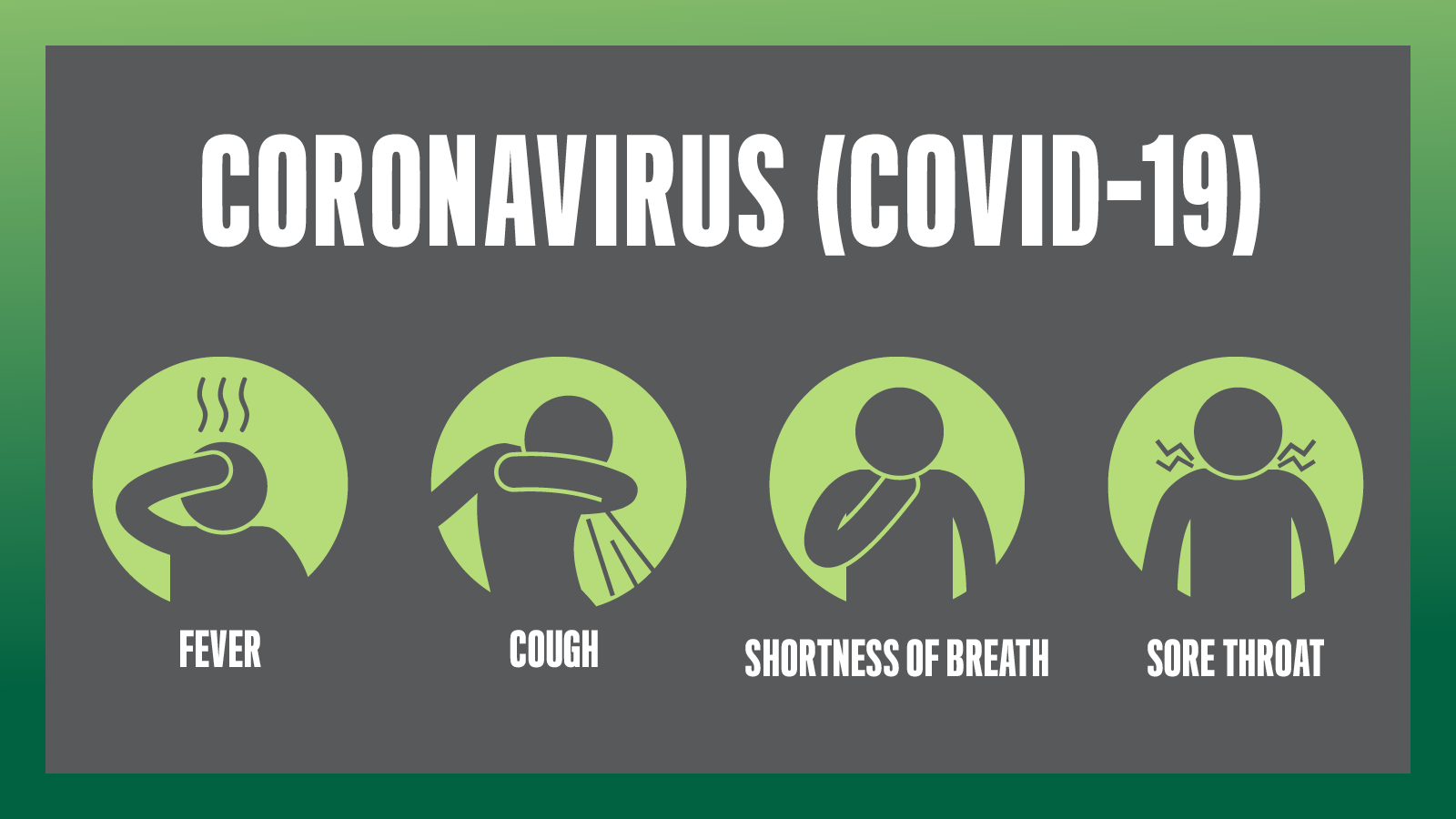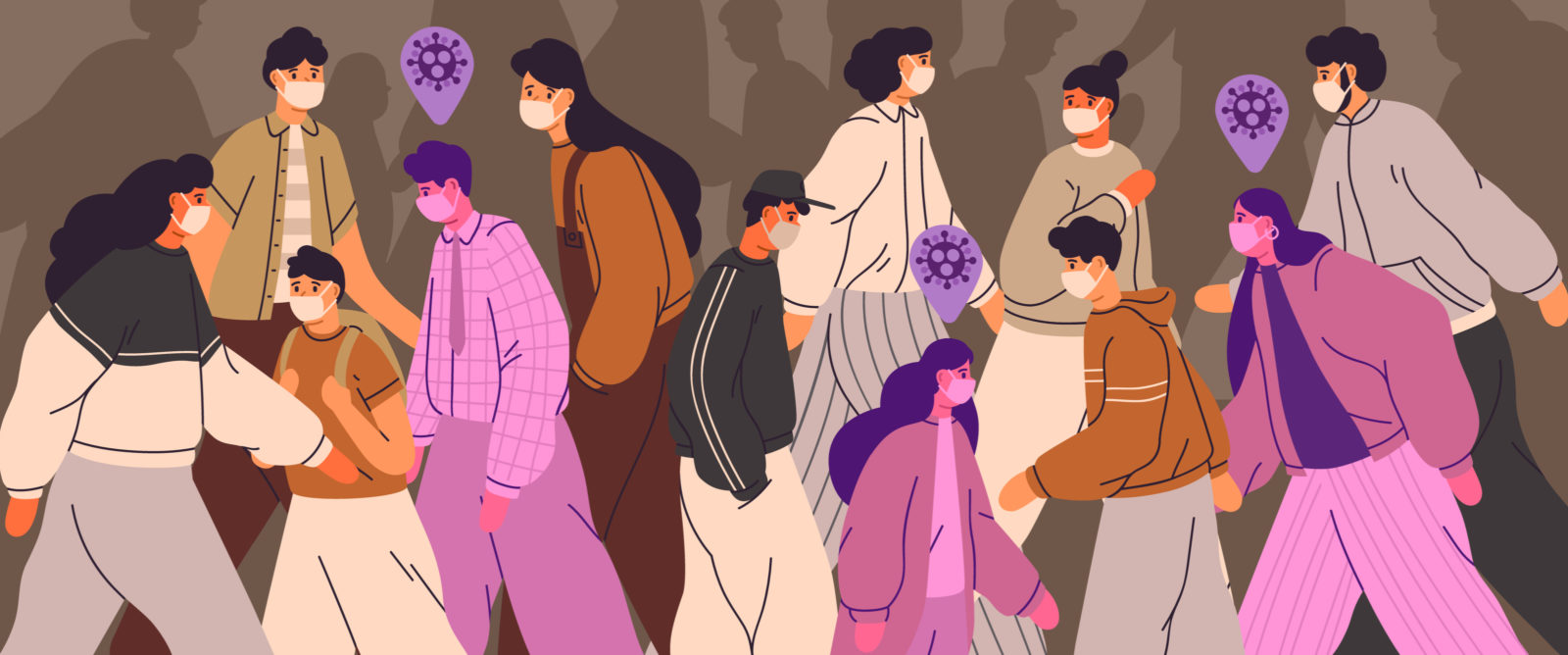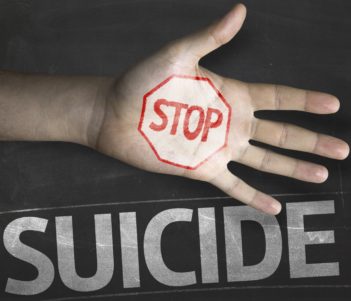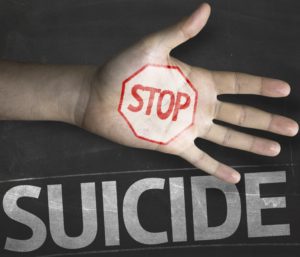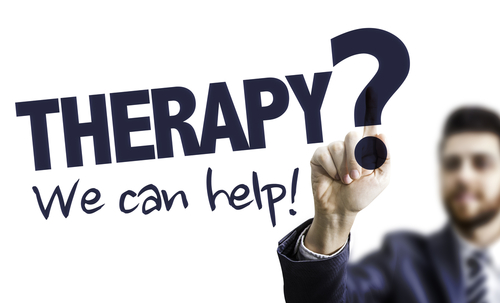December 19, 2017 at 2:19 am
·
K P Lanthier ·
Comments Off on Bah Hum Bug!
Dr. K. P. Lanthier, C.Psych.
So tis the season of joy, laughter and be merry! Just walking through the malls, you can get drawn into the festive season. But that’s the point isn’t it. There’s the pretty Christmas lights a twinkling, the joyful Christmas carols streaming through the air, the smell of fur tree pine, a whiff of marshmallows, hot chocolate and peppermint candy scent in the air. I’m feeling excited, energetic, with my Christmas list in hand. I’m almost in a trance as I prance into the store to purchase my first gift. I take one look at the price, my long list of names and in an instant my cheerful disposition is replaced with anguish. Bah Hum Bug its Christmas!
The reality begins to seep in. The bells that sounded so jingly now sound like a loud metronome, reminding me that time is not on my side. I begin to feel the dread, the stress, the burden and intense pressure. I must get the right gift, I can’t forget anybody, what about the dinner menu. I begin to ruminate, my mind in a swirl, my empathy grows for Ebenezer Scrooge and Mr. Grinch at this moment.
The holiday season is portrayed as a joyful occasion filled with sugar plum fairies, pleasant memories, stress free and pure relaxation. Conversely, for many it is one of the most stressful holidays of the year. There are the get-togethers, social engagements, concerts, plays, what -to -wear? How about my hair? This is the time for many, when the level of stress increases rather than decreases during the holiday season. With good intentions, there is the goal to create the best holiday ever for the family. Albeit, the commercialism of the holidays puts added pressure on individuals to shop, shop, shop. This emphasis on expensive gift giving may lead to credit card debt by the new year.
Additionally, people feel stressed about meeting family obligations that involve spending lots of time together, not letting work obligations interfere with time spent with family. Then there is the worry of falling behind at work.
During the holidays, people are more likely to suspend their healthy habits of taking care of themselves. They are more likely to sit, watch television, eat, drink, smoke, and sleep to cope with the overwhelming stress of the holidays. Alternatively, this is a time that some folks renew their faith, attend church and feel blessed.
The holidays can be hectic with shopping, cooking, and celebrations. The added responsibilities…the increase in stress detracts from the celebrations and downtime. We must remember to take care of our own wellbeing. Get enough rest, sleep, and exercise. The added responsibilities can have a long-lasting impact on our body and mind. It all begins with the nagging question did I choose the right tree?
In the 1965 animated television special A Charlie Brown Christmas, Charlie is displaying depressed symptoms, despite it’s the start of the festive season. He attempts to direct a neighborhood Christmas play, but does not get the support of his friends. Charlie Brown cannot understand why he is so depressed given it’s the season for Christmas presents, Christmas cards and decorations. His depression deepens with the show of commercialism, as he takes note of Lucy’s ecstatic demeanor at the psychiatric booth. She is full of glee by the sound of jingling money, rather than jingling bells. Charlie Brown’s disillusionment deepens when he notices his own dog entered the ‘dog house’ into a light decoration competition with the hopes of winning money. Moreover, he seems to become mortified by his sisters’ letter to Santa Claus that outlines a list of particular gifts or a willingness to accept large sums of money as a substitute. Then there is the suggestion to purchase an aluminum, big, shiny pink tree for the play. Charlie Brown goes against the mainstream and chooses a tiny sapling for the Christmas tree. He is determined to remain faithful to the true meaning of Christmas. Unfortunately, he begins to feel hopeless when the tree ornament is too weighty for the tree. He believes Christmas is ruined. To his surprise, his friends had come together and resurrected the tree that twinkled in the night sky. His grief turned to disbelief, joy and peace. His sapling was magnificent. It seemed to represent a symbol of hope.
I’m reminded of a recent past, when I purchased my own “Charlie Brown” cedar sapling for $5.00 at a school fair. I recall the lady saying I don’t think its going to make it. There were other naysayers, but I was determined to have it planted. It now is quite wide and stands about 20 something feet tall. It is my beacon of hope whenever I feel discouraged. Perhaps next holiday season I will don the tree with a bright star ornament!
The festive season ought not bring about undue physical and emotional stress. It is a time to cherish family, remember goodness, and sing together in harmony. Bah Hum Bug, tis the time to reflect, relax and destress. Rather, lets rejoice!
Happy Holidays!
